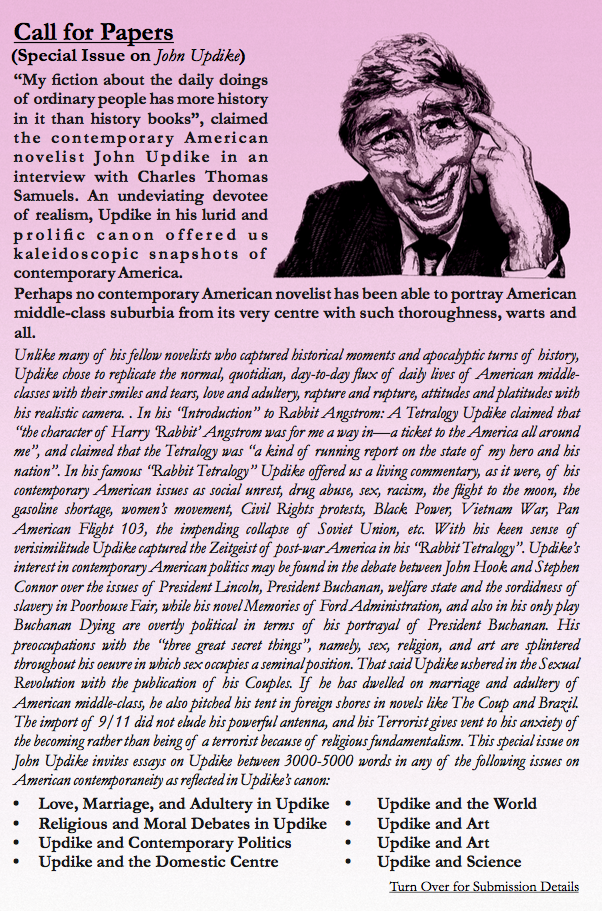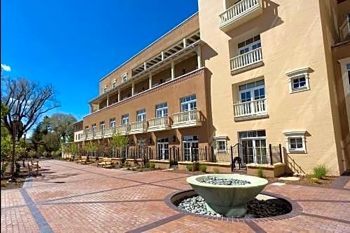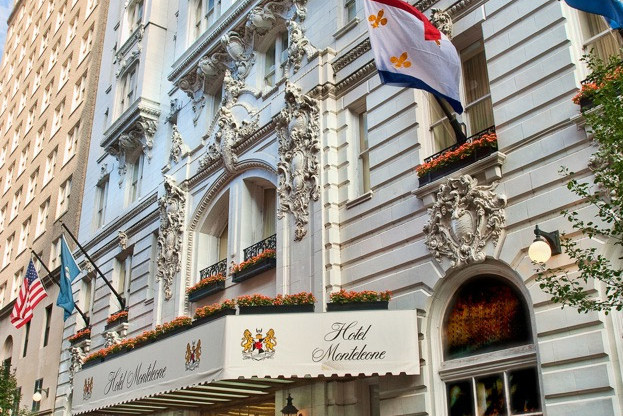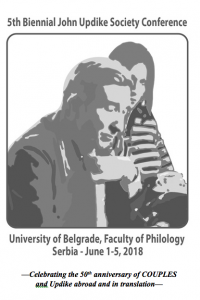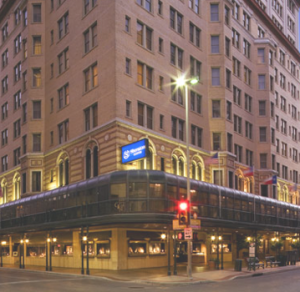 The online Literary Encyclopedia is commissioning entries on the works of John Updike. Entries are usually between 1500 and 2500 words and deadlines can be negotiated according to the needs of the individual contributor. Please contact the editor of the Encyclopedia, Grace Moore (grace.moore@otago.ac.nz) if you are interested in writing one or more entries. Entries may be by academics at any career stage, including PhD candidates and early career scholars. Authors receive free access to the publication, which contains almost 10,000 peer-reviewed articles.
The online Literary Encyclopedia is commissioning entries on the works of John Updike. Entries are usually between 1500 and 2500 words and deadlines can be negotiated according to the needs of the individual contributor. Please contact the editor of the Encyclopedia, Grace Moore (grace.moore@otago.ac.nz) if you are interested in writing one or more entries. Entries may be by academics at any career stage, including PhD candidates and early career scholars. Authors receive free access to the publication, which contains almost 10,000 peer-reviewed articles.
- Rabbit, Run
- Rabbit Redux
- Rabbit is Rich
- Rabbit at Rest
- Couples
- The Centaur
- Of the Farm
- The Witches of Eastwick
- The Widows of Eastwick
- Bech: A Book
- Bech is Back
- Bech at Bay
- Gertrude and Claudius
- My Father’s Tears, and Other Stories
- Too Far to Go
- Problems, and Other Stories
- Pigeon Feathers
- The Same Door
- The Music School
- Museums and Women
- The Afterlife, and Other Stories
- Toward the End of Time
- Seek My Face
- The Poorhouse Fair
- Marry Me
- The Coup
- Brazil
- Trust Me
- Villages
- Memories of the Ford Administration
- Licks of Love: Short Stories and a Sequel, ‘Rabbit Remembered’
- Self-Consciousness
- Endpoint, and Other Poems
- Higher Gossip: Essays and Criticism
- More Matter: Essays and Criticism
- Due Considerations: Essays and Criticism
- Odd Jobs: Essays and Criticism
- Hugging the Shore
- Picked-Up Pieces
- Just Looking: Essays on Art
- Still Looking: Essays on American Art
- Facing Nature: Poems
- Americana and Other Poems
- Telephone Poles
- Tossing and Turning
- The Carpentered Hen, and Other Tamed Creatures
- Buchanan Dying
- The Early Stories: 1953-1975
- Collected Poems, 1953-1993
- Seventy Poems
- Golf Dreams
- Jester’s Dream

